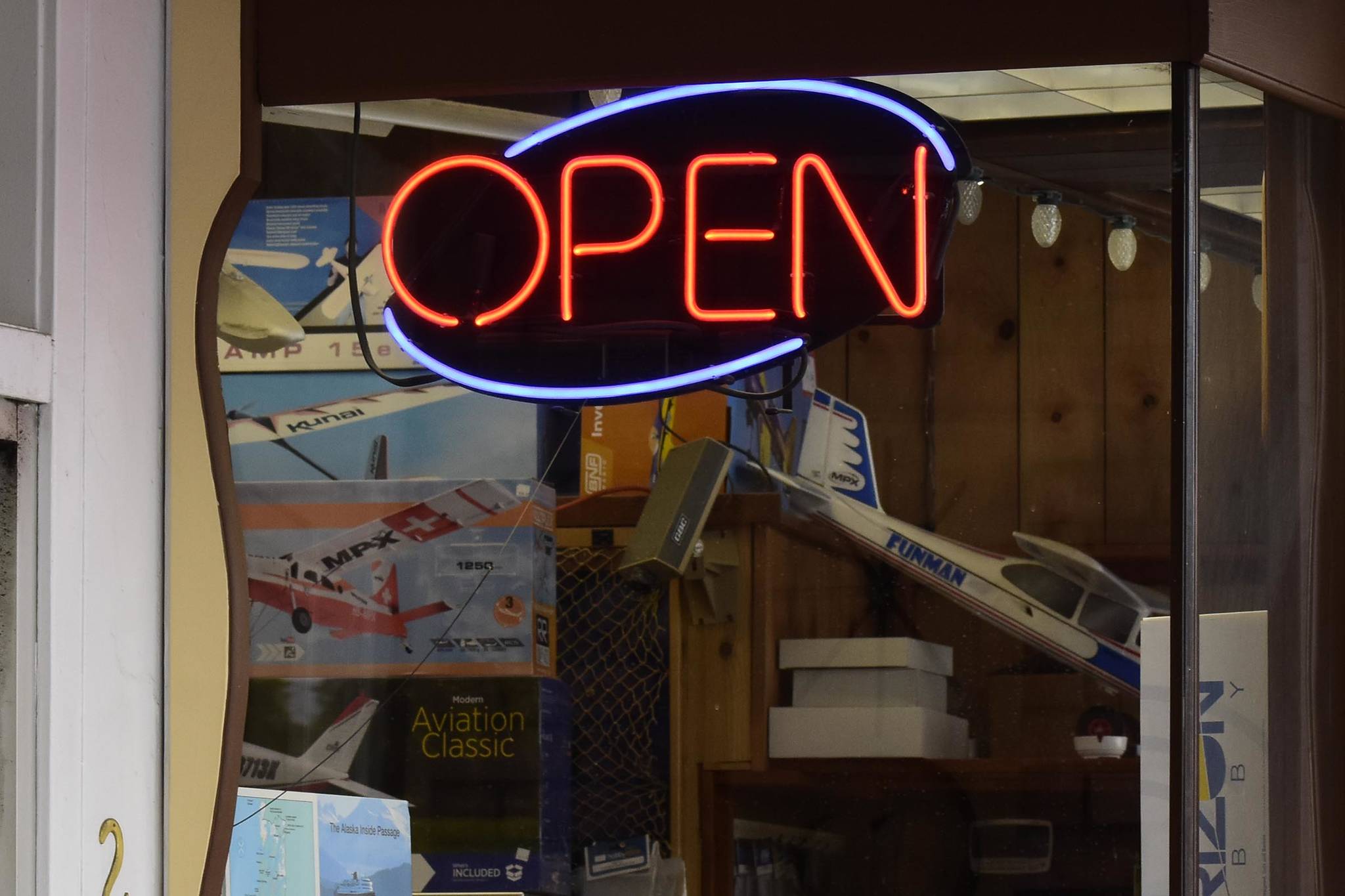By Becky Bohrer
Associated Press
Alaska will stop participating next month in a federal program that provides an extra $300 a week in unemployment aid, the state labor commissioner announced Friday, saying it’s “time to help people get back to work.”
Commissioner Tamika L. Ledbetter said state participation will end June 12. Alaska joins at least 12 other states that have said they will stop providing the extra benefit paid for by the federal government, which was set to expire in September.
Ledbetter said many Alaskans abruptly lost work due to the pandemic last year and she understands some still have child care, transportation or other challenges.
“This period has been like no other in our history. However, unemployment insurance is a temporary support system,” she said.
Ledbetter told reporters while many businesses will be affected by a lack of cruise ships, others are hiring and reporting difficulties in finding workers. She said there are more job openings than current applicants.
“We want our economy to be strong. Therefore, it is time for Alaskans who are able and available to go to work to do so,” she said.
Patsy Westcott, director of the department’s Division of Employment and Training Services, said there are more than 30,000 active filers who would be affected by the decision.
Nolan Klouda, executive director of the University of Alaska Center for Economic Development, raised concern with the decision, writing on Twitter that it will “hurt tens of thousands of unemployed Alaskans and their households.”
Klouda, in an interview, said programs like this have allowed people to pay bills and “prevented a lot of economic pain” and unemployment funds have been distributed in the economy.
There are anecdotes that people aren’t returning to their old jobs or taking new jobs because of unemployment benefits, he said, adding that the anecdotes are widespread enough that he doesn’t “completely ignore them or disregard them.”
But he said he thinks the picture “is a lot murkier than that.”
He pointed to research, much of which he said looked at 2020, and said there “really hasn’t been evidence that supports people, on a big scale, staying home because of unemployment benefits overall.”
Also adding “to the feeling of scarcity in the workforce” is that so many businesses are hiring for similar-type jobs at once, he said.
More than $1.2 billion in federal and state funds have been distributed through Alaska’s unemployment insurance program since March 2020, according to the state labor department.
• This is an Associated Press report.

